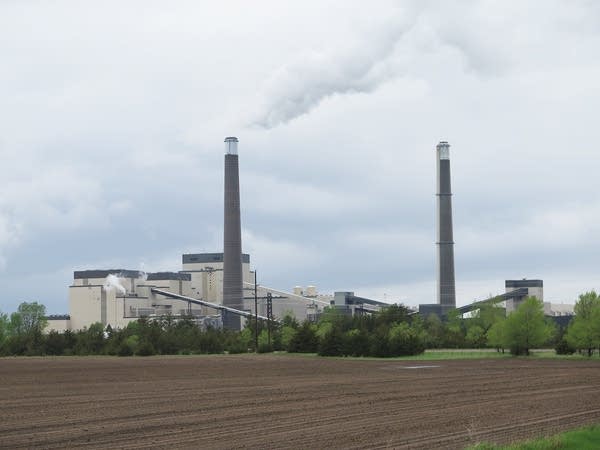As Xcel moves toward coal-free, will natural gas remain part of energy mix?

The Sherburne County Generating Station dominates the skyline near Becker, Minn., in May 2019. Xcel Energy has said it plans to retire all three of the plant's generating units by 2030.
Kirsti Marohn | MPR News 2019
Go Deeper.
Create an account or log in to save stories.
Like this?
Thanks for liking this story! We have added it to a list of your favorite stories.


